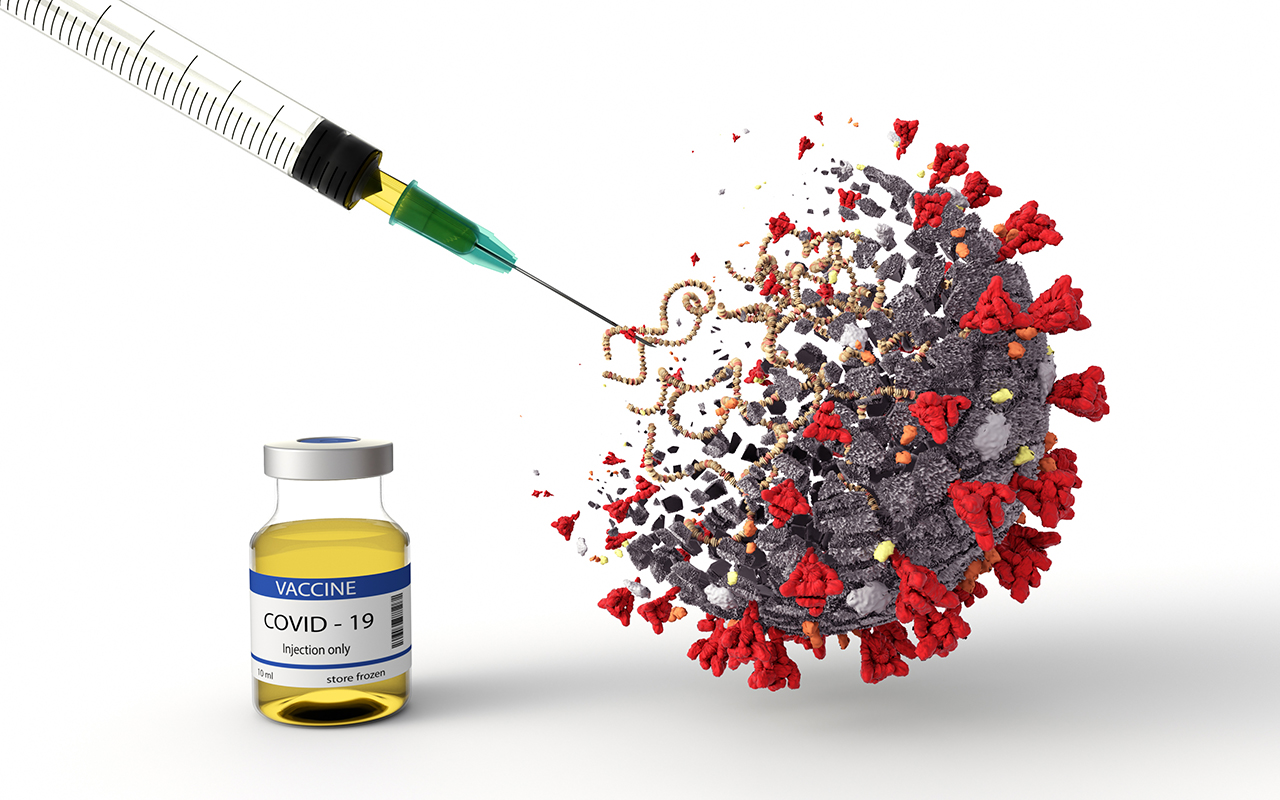THE Therapeutic Goods Administration (TGA) has doubled down on a warning to doctors to take care when discussing the relative merits of the COVID-19 vaccines on their social media channels.
Following articles in Australian Doctor, the Canberra Times and news.com.au, the TGA reiterated its position to InSight+ this week.
“The arrangements for advertising COVID-19 vaccines are no different from what is in place for other vaccines,” a spokesperson for the TGA said.
“Vaccines are prescription medicines and therefore ordinarily cannot be advertised to consumers.”
When asked if the rules precluded doctors and academics from having evidence-based discussions on their social media channels about the comparative safety and efficacy of the vaccines, the TGA spokesperson said:
“If these channels are locked down to health professional access only, there is no issue with having such discussions in such a forum.
“For discussions that are publicly accessible, provided they do not constitute advertising for therapeutic goods (within the meaning of the Therapeutic Goods Act 1989), there is no issue with the discussions.
“Advertise” within the Act is defined as “to promote the use or supply of the [therapeutic] goods”, a seemingly broad definition which leaves room for ambiguity.
Even medical journals apparently must take care when posting links to research about the COVID-19 vaccines, according to the TGA.
“Provided the posts and the articles themselves do not constitute advertising for therapeutic goods (within the meaning of the Act), there is no issue with posting links to the articles on social media,” the spokesperson said.
“Where written in a scientific context, the medical journal articles reporting on clinical trials and studies related to COVID-19 vaccines are unlikely to be considered advertising – especially where they are comprehensive and report not just on the study outcomes but also any adverse events identified and any limitations of the study itself.
“However, care needs to be taken in the phrasing of a social media post for the article to ensure it is not considered advertising – for example, a ‘Brand X COVID-19 vaccine shows superior efficacy to Brand Y vaccine in new clinical trial’ would be promotional; ‘outcomes of clinical trial assessing efficacy of Brand X and Brand Y COVID-19 vaccines’ would not.”
Despite the warning, the TGA spokesperson said that the Administration “accepts that not all information (including in social media posts) is advertising within the meaning of the Act”.
“Distinguishing between factual, balanced and non-promotional information and the promotion of the use or supply of therapeutic goods (ie, advertising) can be difficult and needs to be assessed on a case by case basis and in the context in which it is presented.
“However, given the definition of ‘advertise’, if consumers would identify the content of such a tweet as promoting the use or supply of a particular vaccine or vaccines then, yes, it would be considered advertising.”
The penalties for violating the advertising guidelines “range from an education or assisted compliance approach, or warning letters, through to infringement notices and, in the most egregious of cases, criminal or civil court action”, although the TGA spokesperson said social media discussions would “not necessarily” be penalised.
“Where the TGA becomes aware of any advertising on social media (or other channels) for COVID-19 vaccines (eg, through reports from stakeholders), it will be considered and, where appropriate, handled in accordance with the TGA’s advertising compliance framework.
“Under this framework, we focus our resources on alleged non-compliance that presents the highest risks to public health, safety and confidence in therapeutic goods regulation.”
The spokesperson made it clear that discussions between a doctor and a patient about the vaccines did not constitute advertising.
The Australian Medical Association (AMA), which released an updated policy on advertising and public endorsement this week, gave the following statement to InSight+:
“The AMA does not believe that a doctor’s participation in a discussion on social media on COVID-19 vaccines, where their intention is dialogue regarding their genuine understanding of the evidence base of the efficacy/safety of one COVID-19 vaccine over another, should constitute ‘advertising’ of medication unless the purpose or intent of the discussion is to promote a particular health service or therapeutic product.
“While such discussions can constitute legitimate public discourse, doctors should be mindful where such discussions are publicly accessible and ensure the discussions are objective, informed and evidence-based rather than exploitative, persuasive or coercive.
“Ultimately, decisions as to what constitutes ‘advertising’ will be made by entities such as Ahpra and the Therapeutic Goods Administration and doctors should ensure such discussions adhere to Ahpra’s guidance on social media, as well as advertising regulated health services, and the Therapeutic Goods Advertising Code.”
Dr Karen Price, President of the Royal Australian College of GPs, told the ABC on Friday that the College was working with the TGA to clarify the guidance.
“We believe the best vaccine is the one in your arm,” she said.

 more_vert
more_vert
‘Advertising’ is one thing. Some of our colleagues are unable to discern stating a fact from having an opinion. I stated a fact on my practice website, that being: there is no evidence that a total lockdown will result in any fewer premature deaths than a less restrictive policy. That is a statement of fact. And I will go further to say that it will almost certainly result in a greater number (from totally preventable causes such as suicide and missed cancers). But I was reported to the Medical Board by a “doctor” who clearly has nothing else to do with his time. And even if it was an opinion, what’s happened to free speech? Spiteful and nasty. So much for a caring profession.
The anti vaccers will gleefully embrace this one. Misinformation is fine, but supporting a vaccine is not? For instance, if someone says that they will only have the mRNA vaccine, can we not say that the Astra Zeneca vaccine will be better than no vaccine?